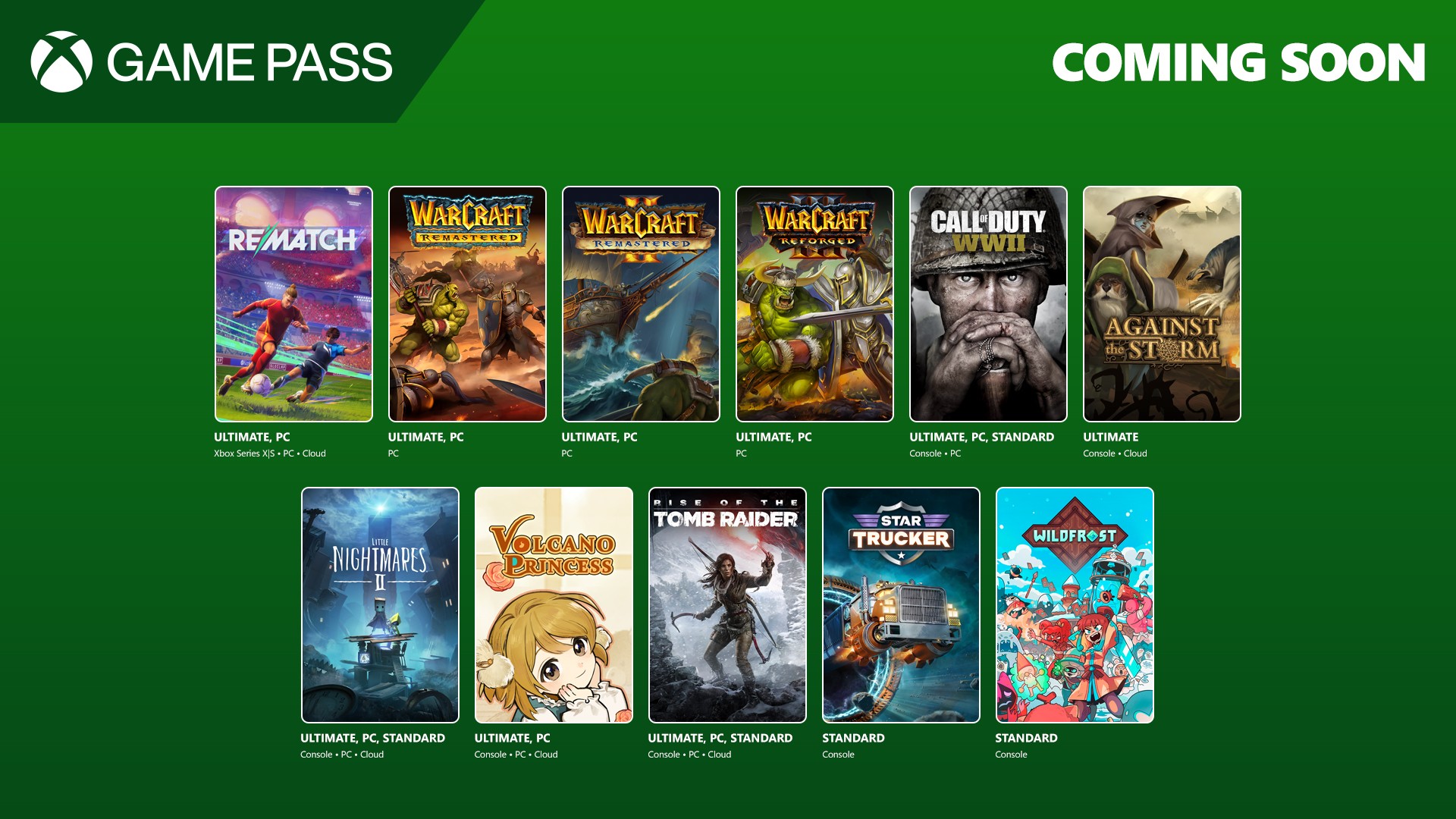Why Readers Trust Health Care Blogs Over News Outlets
Discover why readers trust health care blogs more than news outlets. Explore expert insights, credibility factors, and how blogs reshape health literacy.

In a world flooded with rapid headlines, breaking stories, and sensational reports, an increasing number of readers are turning their attention toward health care blogs. These platforms have evolved into trusted sources of medical insights, health trends, and wellness strategies. Unlike traditional news outlets, which often chase speed and drama, health care blogs focus on clarity, evidence, and long-term value. The shift in trust is not accidental—it’s grounded in credibility, accessibility, and personal connection.
The Growing Credibility of Health Care Blogs
Over the past decade, health care blogs have transformed from opinion-based platforms to powerful repositories of verified medical content. Many leading blogs are authored by certified medical professionals, researchers, and wellness experts who provide:
-
Peer-reviewed information
-
Case studies and clinical trial results
-
Step-by-step health guidance based on experience and evidence
This level of expertise fosters trust, especially in comparison to news outlets that might rely on general journalists without medical backgrounds. Readers value a voice that speaks from firsthand knowledge, not recycled press releases.
Timeliness Meets Depth
News outlets often prioritize being first to publish. While this benefits urgent updates, it can lead to incomplete or unverified health information. In contrast, health care blogs may not always break the news first, but they provide thoughtful, well-researched content that stands the test of time.
For example, during public health emergencies like COVID-19, news channels rapidly reported fluctuating data. In response, readers flocked to health care blogs that explained developments calmly, with depth and clarity. This patience-driven model supports better understanding, especially for complex topics like virology, nutrition, and mental health.
Personalization That Resonates with Readers
Most health care blogs are niche-focused. Some specialize in holistic healing, others in chronic illness management, pediatric health, or fitness. This allows readers to engage with targeted content tailored to their unique needs.
Rather than covering broad health topics in a generic way—like many news outlets do—health care blogs allow for deep dives. Readers can find:
-
Detailed guides on managing diabetes
-
Step-by-step natural remedies for sleep issues
-
Q&A style breakdowns of medical procedures
This form of personalization isn’t just useful—it’s comforting. Readers feel seen, heard, and guided, not just informed.
Transparency Builds Authentic Trust
Most reputable health care blogs list their authors, cite scientific references, and clearly disclose any affiliations. This transparency contrasts with news outlets that often generalize medical claims or include clickbait titles for views.
On a trusted health blog, readers are more likely to see:
-
Direct links to clinical studies
-
Author bios with credentials
-
Clear sourcing of health statistics
-
Disclaimers that reinforce responsibility
Transparency builds a long-lasting relationship between the reader and the blog, something fleeting headlines rarely accomplish.
Community Engagement and Two-Way Communication
The comment sections, newsletters, and social channels of health care blogs allow for open dialogue. Readers can ask follow-up questions, share their stories, and connect with others facing similar health issues.
In contrast, news outlets typically provide one-way communication. This interactive nature of health blogs creates online health communities where trust grows naturally. It's not just content—it's connection.
Visual Clarity and Digestible Formats
Modern health care blogs prioritize user-friendly layouts, infographics, video explainers, and simplified bullet-point lists. These tools make complex information easy to consume.
For example:
-
Charts comparing medications
-
Step-by-step diagrams of exercises
-
Interactive quizzes for risk assessments
News outlets often overlook such tools, instead presenting dense blocks of text or dramatized video clips. Blogs win on clarity and user experience.
Health Bloggers Stay Consistent
The best health care blogs operate with consistency—publishing regular updates and sticking to their content themes. This steady output of trustworthy material builds long-term reader loyalty.
Meanwhile, news outlets often shift editorial focus with trending cycles. One week it’s about heart disease, the next it's about skincare fads. Readers crave consistency when it comes to health, and health care blogs deliver just that.
Conclusion
Readers today crave information that’s accurate, empathetic, and deeply insightful—three things most news outlets struggle to provide consistently. In contrast, health care blogs offer a refreshing blend of expertise, clarity, and community. They speak with purpose, educate without overwhelming, and build trust through real, transparent knowledge. The digital shift toward health care blogs isn't just a trend—it’s a reflection of how readers want to engage with their health.
FAQs
1. Are health care blogs more reliable than news reports?
Yes, especially when written or reviewed by certified medical experts and supported with scientific sources.
2. How do I know if a health care blog is trustworthy?
Look for author credentials, citations, transparency, and consistent posting. Avoid sensationalist language or unverified claims.
3. Can health care blogs help manage chronic conditions?
Absolutely. Many blogs provide disease-specific content, tools, lifestyle guidance, and success stories that empower patients.
4. Do doctors read health care blogs too?
Yes, many medical professionals follow peer-authored blogs to stay updated on holistic or emerging practices not yet covered in journals.
5. Are health care blogs better than social media for health tips?
Definitely. Unlike social media, health care blogs provide structured, peer-reviewed content with context and credibility.
For more information: Dia Online
What's Your Reaction?
 Like
0
Like
0
 Dislike
0
Dislike
0
 Love
0
Love
0
 Funny
0
Funny
0
 Angry
0
Angry
0
 Sad
0
Sad
0
 Wow
0
Wow
0



































